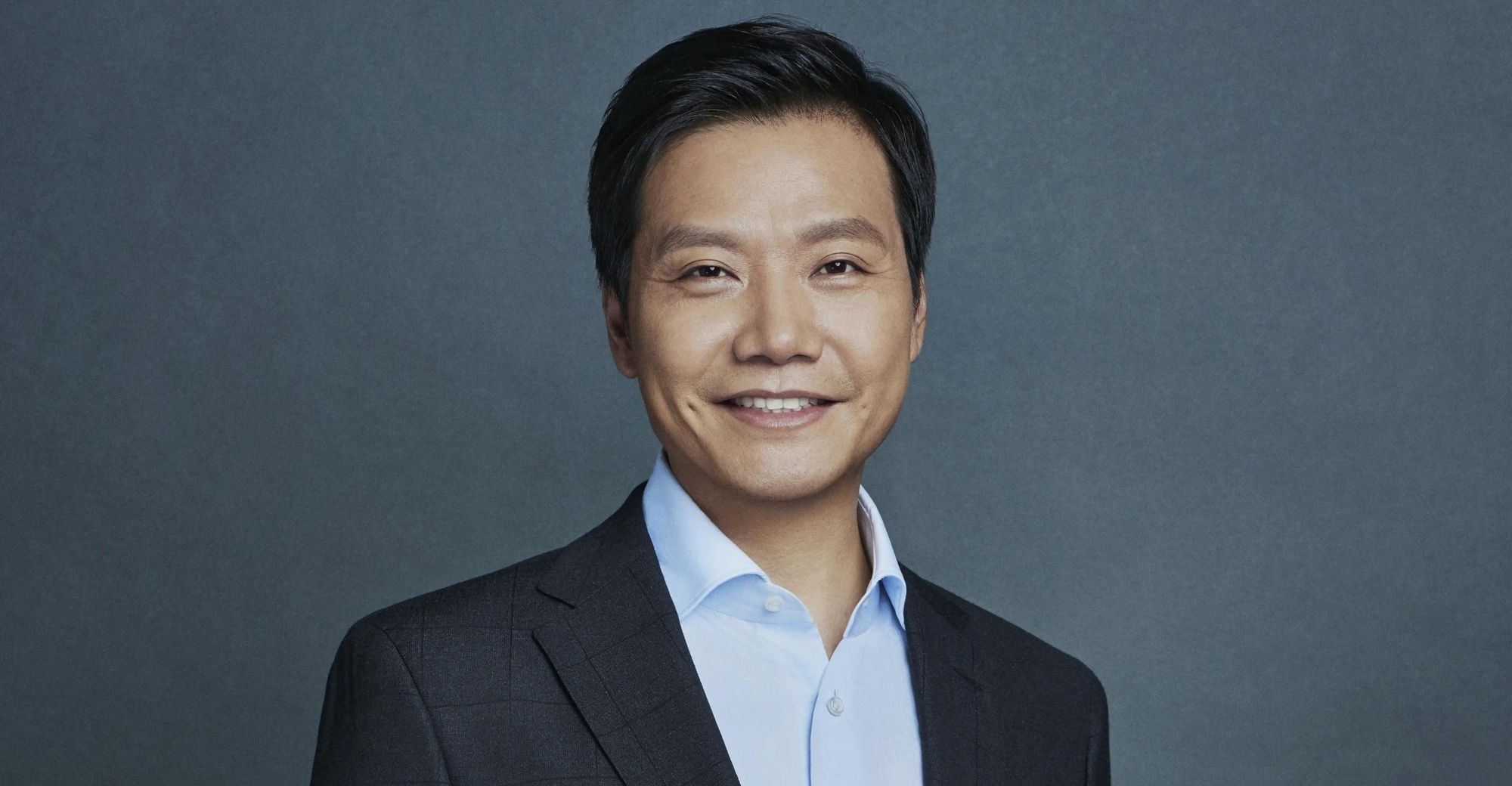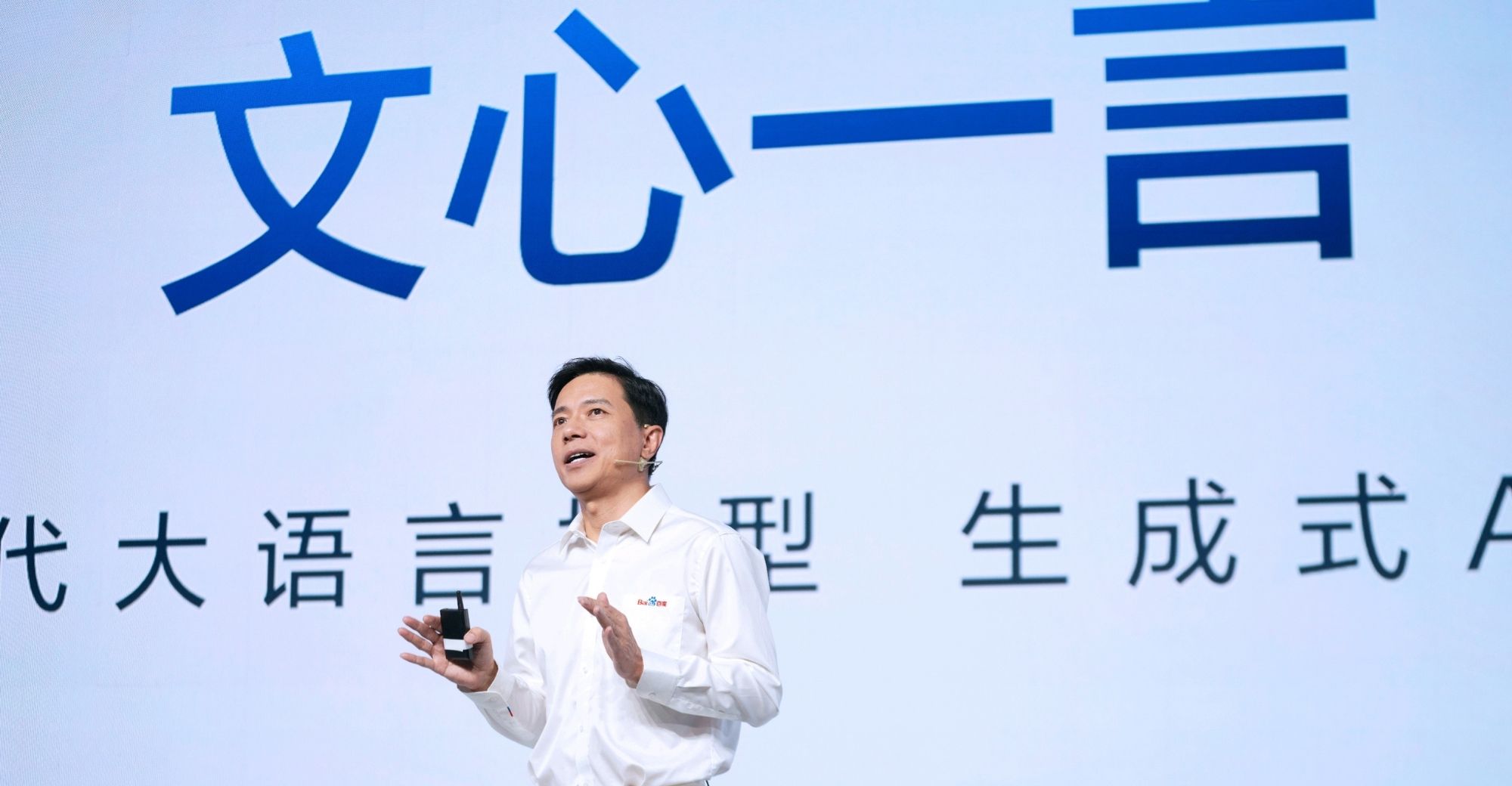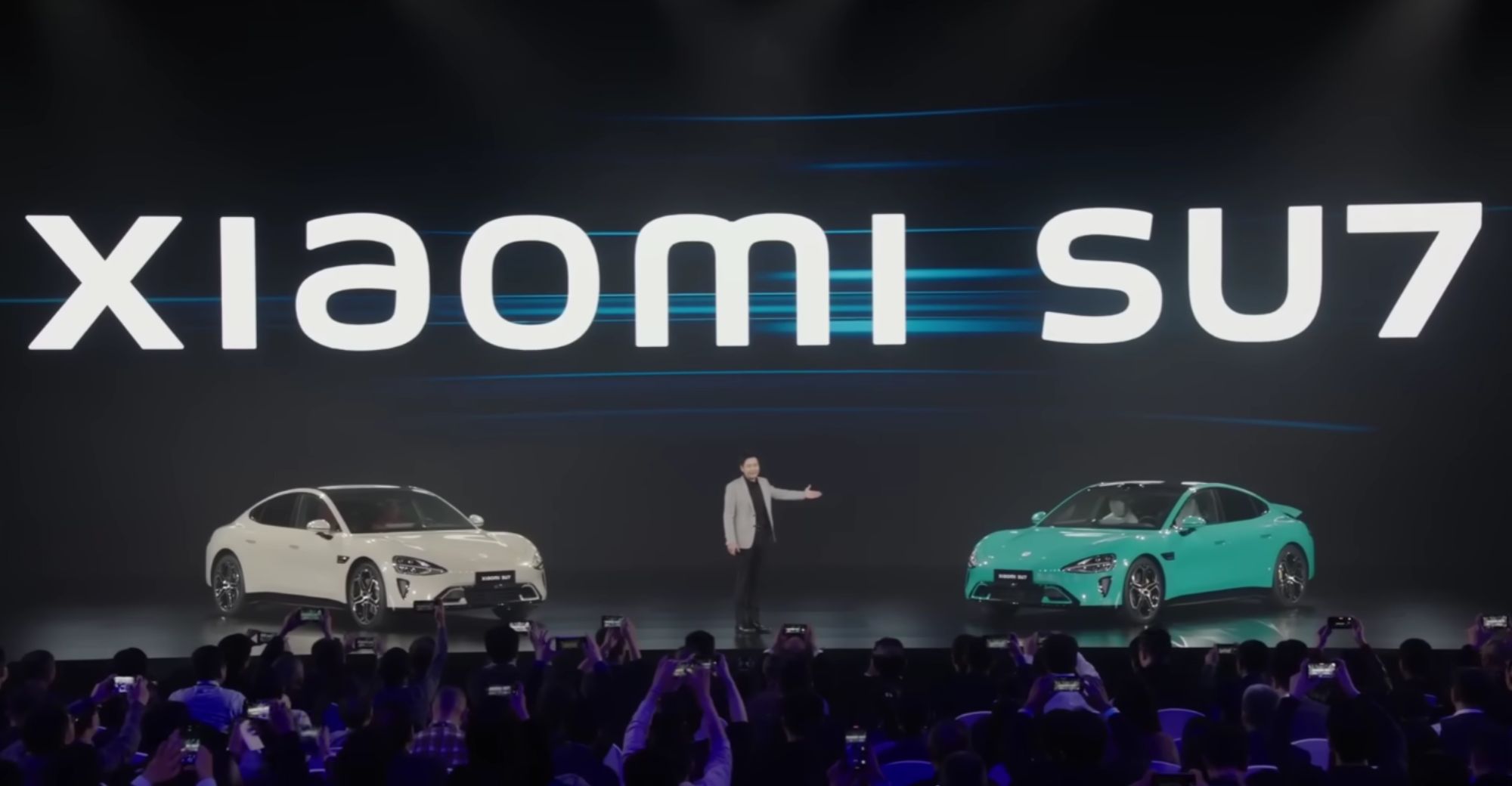Xiaomi Founder Lei Jun Suggests Promoting AI Literacy Education in Compulsory Education
On the occasion of the National People’s Congress in 2024, on the morning of March 4th, Lei Jun, a national representative and founder, chairman and CEO of Xiaomi Group, published his suggestions for the 2024 Two Sessions on his social media.
Specifically, Lei Jun’s four suggestions are: accelerate the construction of a green and low-carbon supply chain in manufacturing industry; strengthen the training of artificial intelligence talents to meet the needs of technological change; further regulate the safe application of intelligent driving products; increase support for intelligent manufacturing and accelerate the integration of advanced technology development.
Regarding the strengthening of cultivating artificial intelligence talents, Lei Jun stated that from a long-term perspective, the demand for manpower with basic artificial intelligence skills in various industries is rapidly increasing. Considering the actual technological level of generative artificial intelligence in China, there is still a significant shortage especially in terms of top-tier AI talent reserves, and there is an even greater scarcity of composite AI talents. He suggested promoting AI literacy education at the compulsory education stage, vigorously advancing the development of AI-related majors in universities, and supporting large technology companies and educational institutions to cultivate applied AI talents.
Regarding the manufacturing industry, Lei Jun suggests accelerating the establishment of a manufacturing carbon footprint background database to promote international connection and mutual recognition; building a green digital supply chain system to achieve collaborative connectivity within the supply chain; exploring the establishment of a national trading mechanism for green electricity to promote leading enterprises in the supply chain to lead the green transformation.
Regarding further standardizing the safe application of intelligent driving products, Lei Jun emphasized the need to regulate the application of autonomous valet parking functions to ensure safety in unmanned scenarios; and to regulate the use of vehicle data to enhance the safety level of intelligent driving products.
In addition, Lei Jun also proposed to increase support for intelligent manufacturing, accelerate the development of integrating advanced technologies, and support leading enterprises in undertaking major projects in intelligent manufacturing and tackling key technological equipment. He believes that major countries around the world are focusing on intelligent manufacturing and implementing strategies for industrial development. Faced with new situations and competition, China’s development of intelligent manufacturing still faces issues such as insufficient coordination of existing standards, the need to improve application promotion levels, constraints on key technological equipment, talent shortages among domestic enterprises, and challenges in raising funds.
SEE ALSO: Lei Jun: Xiaomi’s First Car Involves 3,400 Engineers and R&D Costs Exceed 10 Billion Yuan




